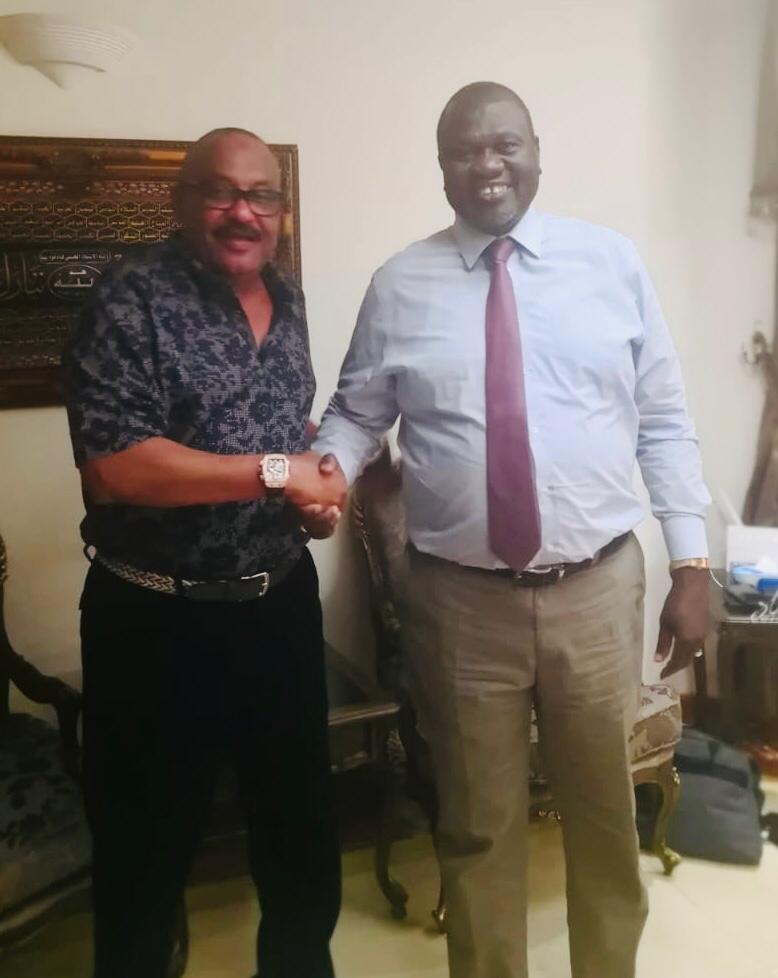Despite its resource endowment, almost 90% of the population are poor according to recent estimates, based on the $1.90, purchasing power parity (PPP) poverty line (World Bank 2020).
ELF is fostering political pluralism as a key determinant for inclusive governance, rule of law and peace and security to ensure access to fundamental services and inclusive growth.
It is critical to highlight just how the government – the prevailing economic system, and politics have interacted to set the economy and people on a race to the bottom before charting a path out of the economic collapse and leadership failure. A string of poor judgements such as the shutdown of oil production in 2012, the return to armed conflict in December 2013 and the drop in international oil pricesin 2014.
South Sudan’s political and economic turmoil is accurately demonstrated in the change in inflation rates in South Sudan. Self-inflicted political and security challenges continue to drain public resources away from creating macroeconomic stability, an enabling environment for enterprise development, foreign and domestic direct investments. The entrenched ethnic politics and its grip on the national army and security agencies guarantee that public expenditures are skewed towards defence and security sectors with no investment in sectors that would build economic resilience and reduce poverty.
There has not been a genuine attempt to identify and address the poor economic and social infrastructure that continue to limit economic productivity and diversification. Instead, these have become the ideal sources of corruption associated with airport, agriculture and road projects or purchases of vehicles and equipment. As a consequence, the World Bankpredicts poverty levels will remain extremely high on the back of severe food insecurity and limited access to essential services across the country.
The one lesson learned from the past decade is that the leaders have failed to define their national ‘roles and responsibilities. Likewise, the ruling party has failed to define the necessary formal and informal roles and mandates of the central and local authorities to provide services.


